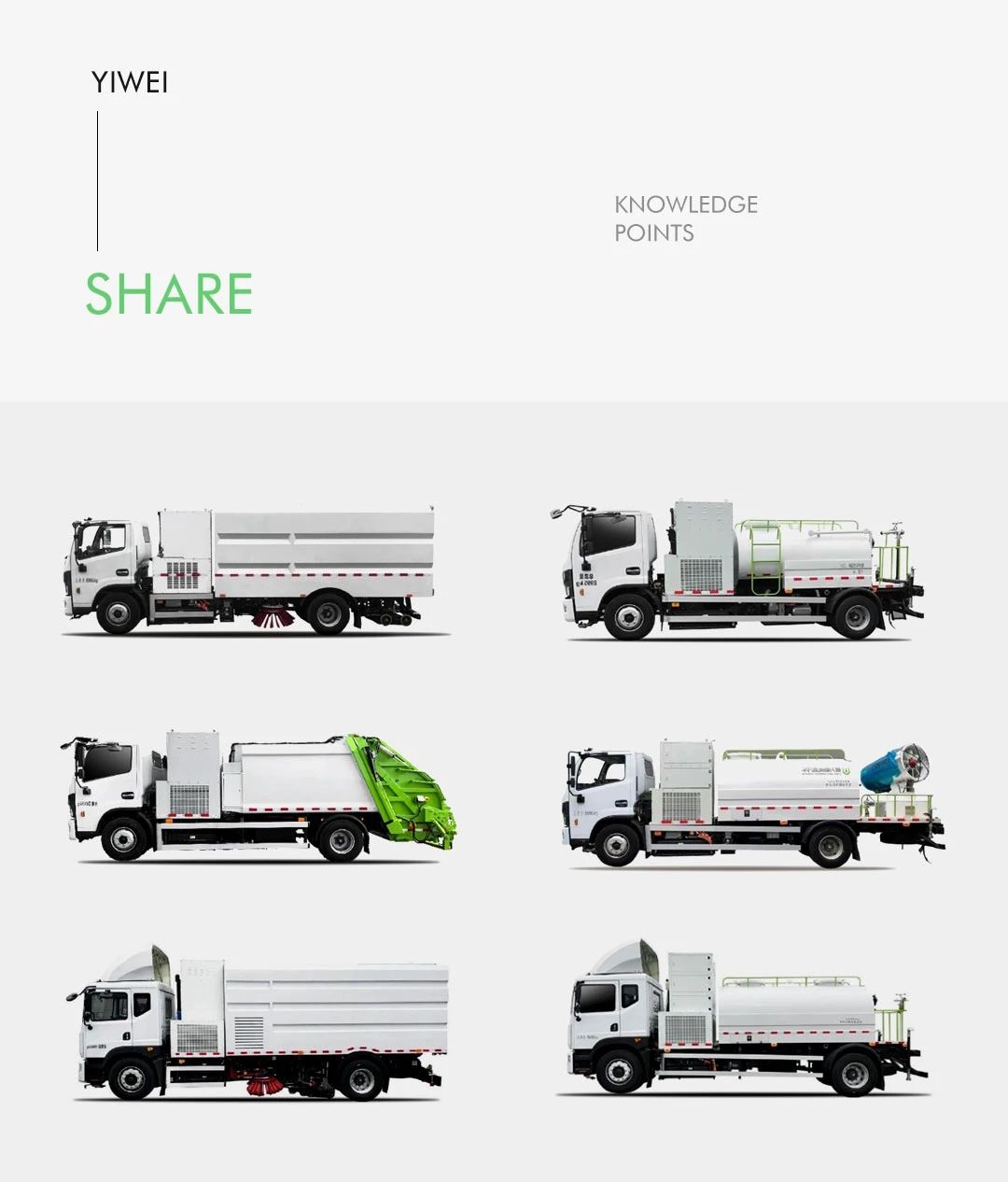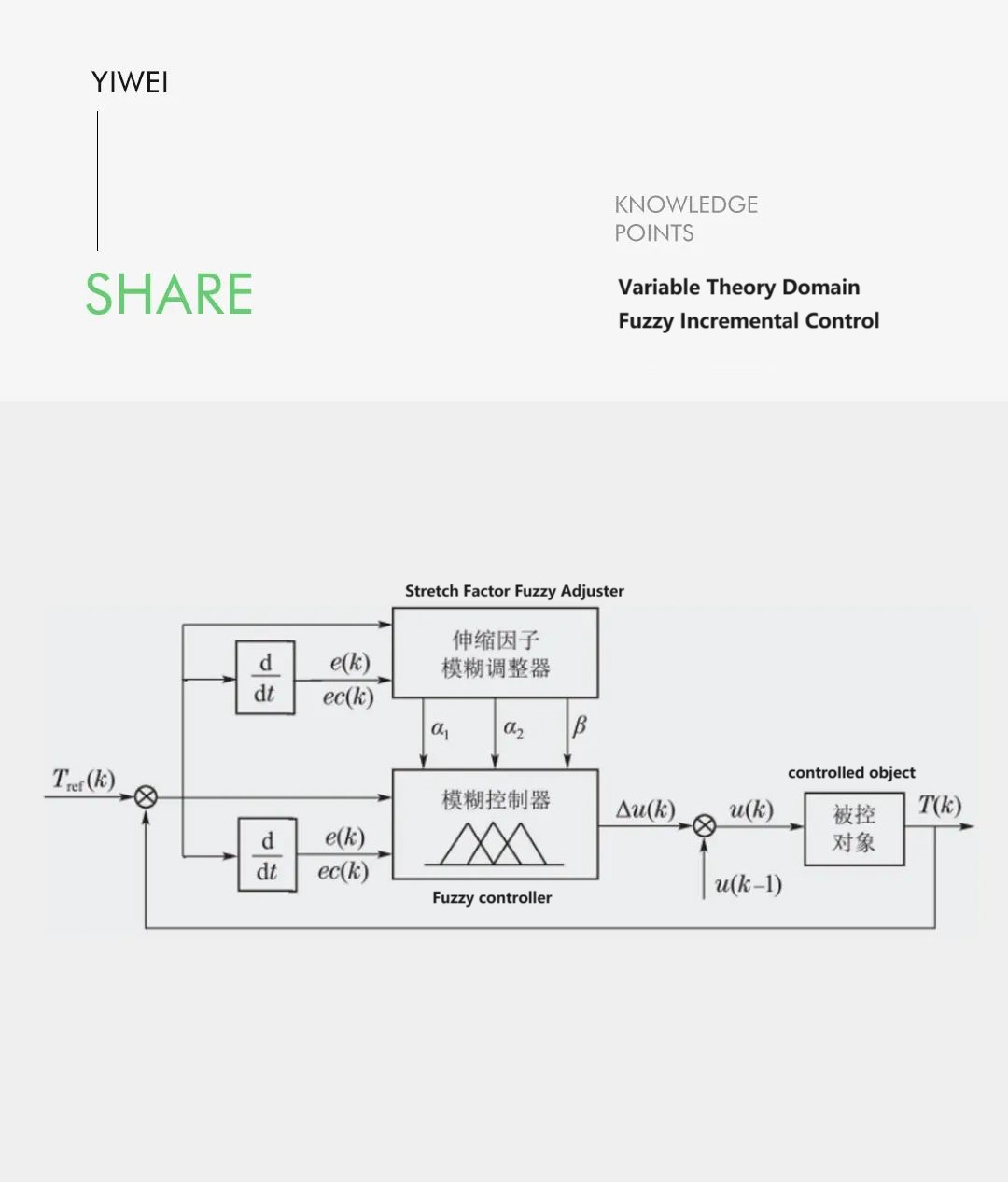The choice of control algorithms for the fuel cell system is crucial for hydrogen fuel cell vehicles as it directly determines the level of control achieved in meeting the vehicle’s requirements. A good control algorithm enables precise control of the fuel cell system in hydrogen fuel cell vehicles, aiming to eliminate steady-state errors and maintain high-precision control. Previous researchers have explored various control algorithms for the fuel cell system, including proportional-integral control, state feedback control, segmented predictive negative feedback control, nonlinear feedforward with linear quadratic regulator feedback control, and generalized predictive control. However, these control algorithms are not well-suited for hydrogen fuel cell vehicles due to the nonlinearity and parameter uncertainties of their fuel cell systems, which impose limitations. Particularly, conventional control algorithms face unacceptable closed-loop performance when dealing with dynamic load changes and system parameter variations. Currently, fuzzy control is considered more suitable for fuel cell systems. Building upon this, researchers have proposed a more reasonable control algorithm known as variable domain fuzzy incremental control.
01 Nonlinearity of the fuel cell system and uncertainty of system parameters
Although fuel cell vehicles utilizing hydrogen as an energy source offer numerous advantages such as low noise, high efficiency, excellent power performance, and long driving range, there are simultaneous internal transport processes occurring within the fuel cell, such as heat transfer, charge transfer, product emissions, and supply of reactant gases. The uneven distribution of internal factors such as temperature, humidity, airflow, and current along the reactant flow field introduces nonlinearity and uncertainties into the fuel cell system. Failure to properly control these factors can have adverse effects on the performance and health status of the fuel cell.
02 Advantages of fuzzy incremental control with variable universe
Variable domain fuzzy incremental control is an optimization based on fuzzy control. It retains the advantages of fuzzy control, such as not relying on an accurate model of the controlled object, having a simple structure, good adaptability, and strong robustness. Additionally, it addresses the issue of poor steady-state accuracy and static error that fuzzy control may exhibit. By using scaling factors to contract or expand the fuzzy domain, it indirectly increases the number of control rules, achieving error-free and high-precision control. Furthermore, the dynamic response speed of the variable domain fuzzy control system is fast within a large error range, enabling the system to avoid adjustment dead zones within small deviation ranges, further enhancing the system’s dynamic and static performance as well as robustness.
Chengdu Yiwei New Energy Automobile Co., Ltd is a high-tech enterprise focusing on electric chassis development, vehicle control unit, electric motor, motor controller, battery pack, and intelligent network information technology of EV.
Contact us:
yanjing@1vtruck.com +(86)13921093681
duanqianyun@1vtruck.com +(86)13060058315
liyan@1vtruck.com +(86)18200390258
01Nonlinearity of the fuel cell system and uncertainty of system parameters
Post time: Jan-05-2024










